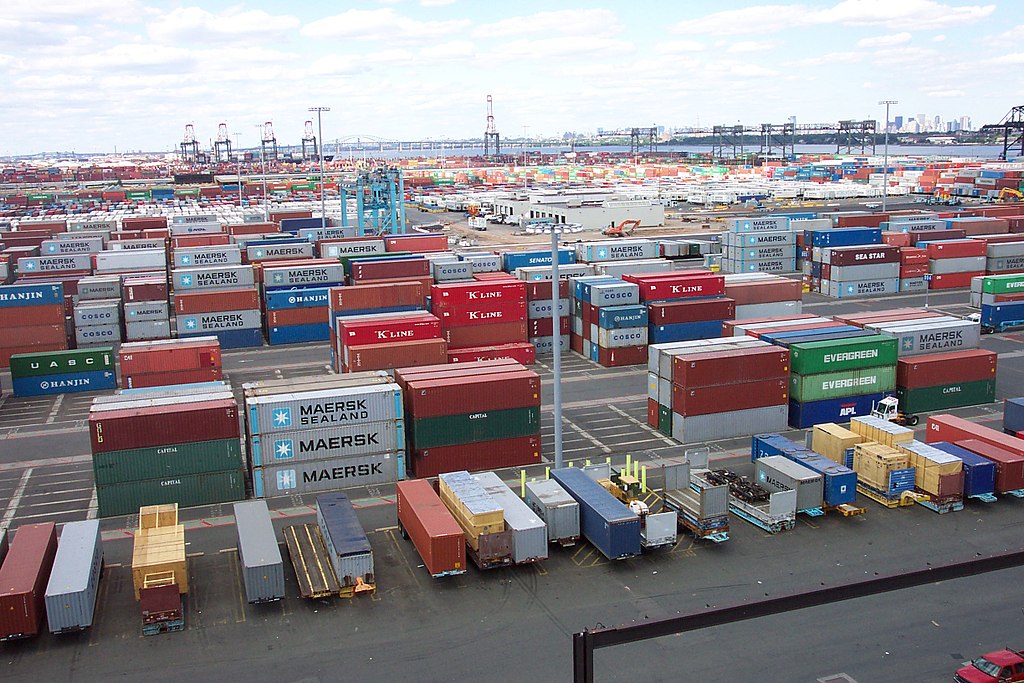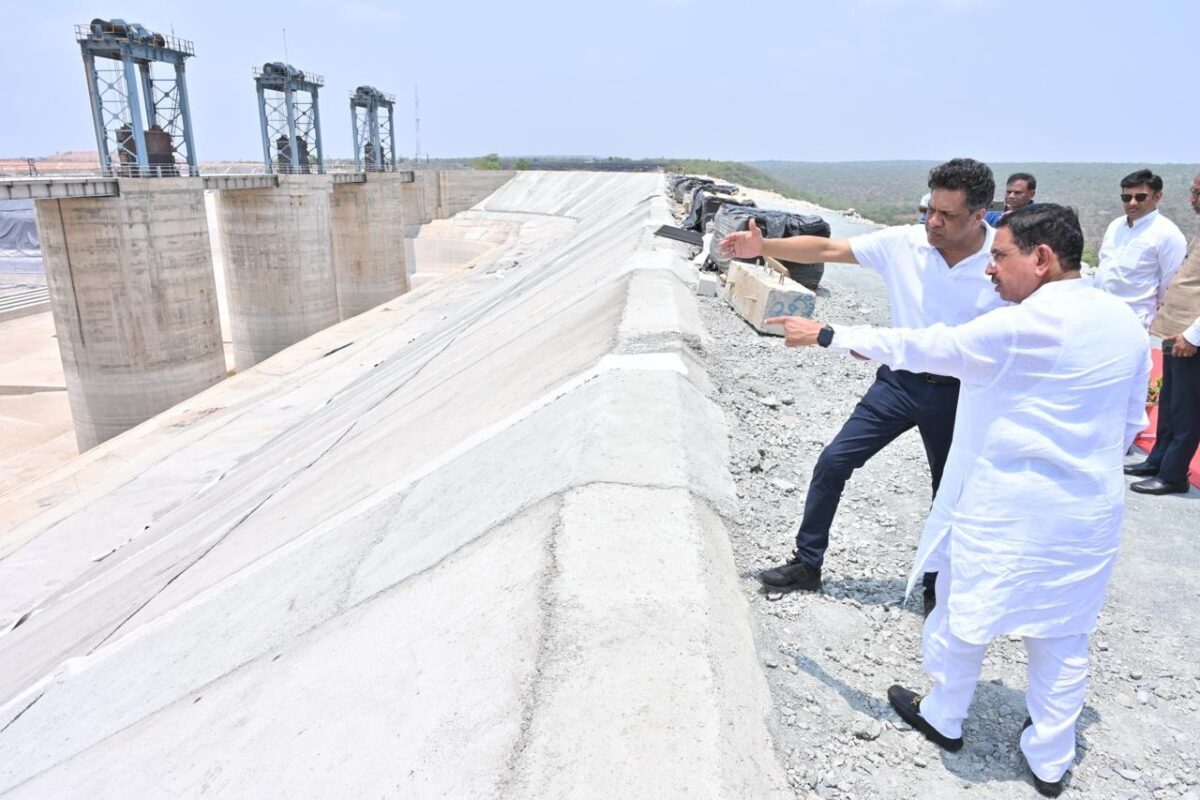From pv magazine USA.
Solar cells. Solar panels. Inverters. Steel. Aluminum frames for PV modules. There is practically no part of the solar supply chain unaffected by the tariffs the Trump administration has imposed on products from around the globe… mostly China.
Now batteries can be added to that list. Lithium-ion batteries, to be exact. The code HTSUS 8507.60 was included on a list published yesterday of products from China that will be subject to 10% duties under the latest of several rounds of Section 301 tariffs President Trump has imposed.
The announcement that clarified the inclusion of lithium-ion batteries exempted other products based on “health, safety, national security and other factors” and delayed tariffs on a third group until December 15.
China’s battery manufacturing industry casts a long shadow over the rest of the world. Last year the nation hosted two-thirds of global manufacturing capacity for the kinds of lithium-ion products used in electric vehicles and energy storage for the electricity sector.
In June, Energy Storage Association (ESA) chief executive Kelly Speakes-Backman issued a statement warning the imposition of tariffs on Chinese batteries would have an “immediate and adverse” effect on energy storage deployment:
The proposed tariffs will stymie growth and job creation as energy storage projects [that have been] already contracted are delayed or canceled. With this, higher costs and uncertainty will create barriers at a time when the demand for improved resilience and clean energy is rising across the nation.
With similar batteries used in electric vehicles, there could be an impact on the EV market too.
U.S. manufacturers not spared
Tariffs should theoretically give U.S. battery makers such as Tesla a competitive advantage versus imports. However, the ESA pointed out a previous round of Section 301 tariffs has already been imposed on some imports of lithium, cobalt and graphite, which make up the main raw materials used in lithium-ion batteries.
As China supplies the majority of the world’s chemical lithium and cobalt – and all of its spherical graphite production – those tariffs are doubtless already affecting Tesla’s Nevada Gigafactory and the small number of other U.S. battery manufacturing firms, including factories such as the one Akasol has planned near Detroit.
This content is protected by copyright and may not be reused. If you want to cooperate with us and would like to reuse some of our content, please contact: editors@pv-magazine.com.








By submitting this form you agree to pv magazine using your data for the purposes of publishing your comment.
Your personal data will only be disclosed or otherwise transmitted to third parties for the purposes of spam filtering or if this is necessary for technical maintenance of the website. Any other transfer to third parties will not take place unless this is justified on the basis of applicable data protection regulations or if pv magazine is legally obliged to do so.
You may revoke this consent at any time with effect for the future, in which case your personal data will be deleted immediately. Otherwise, your data will be deleted if pv magazine has processed your request or the purpose of data storage is fulfilled.
Further information on data privacy can be found in our Data Protection Policy.